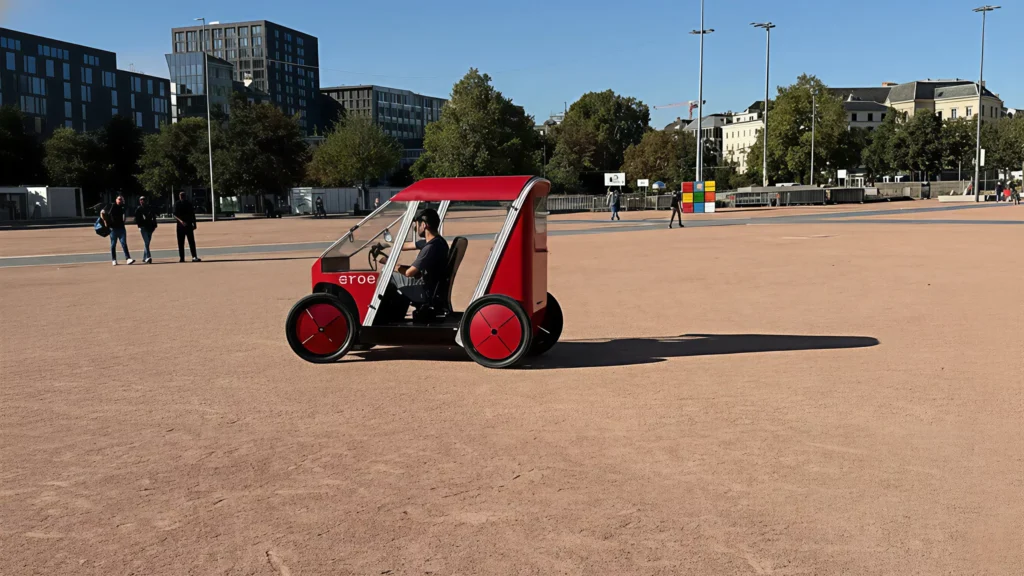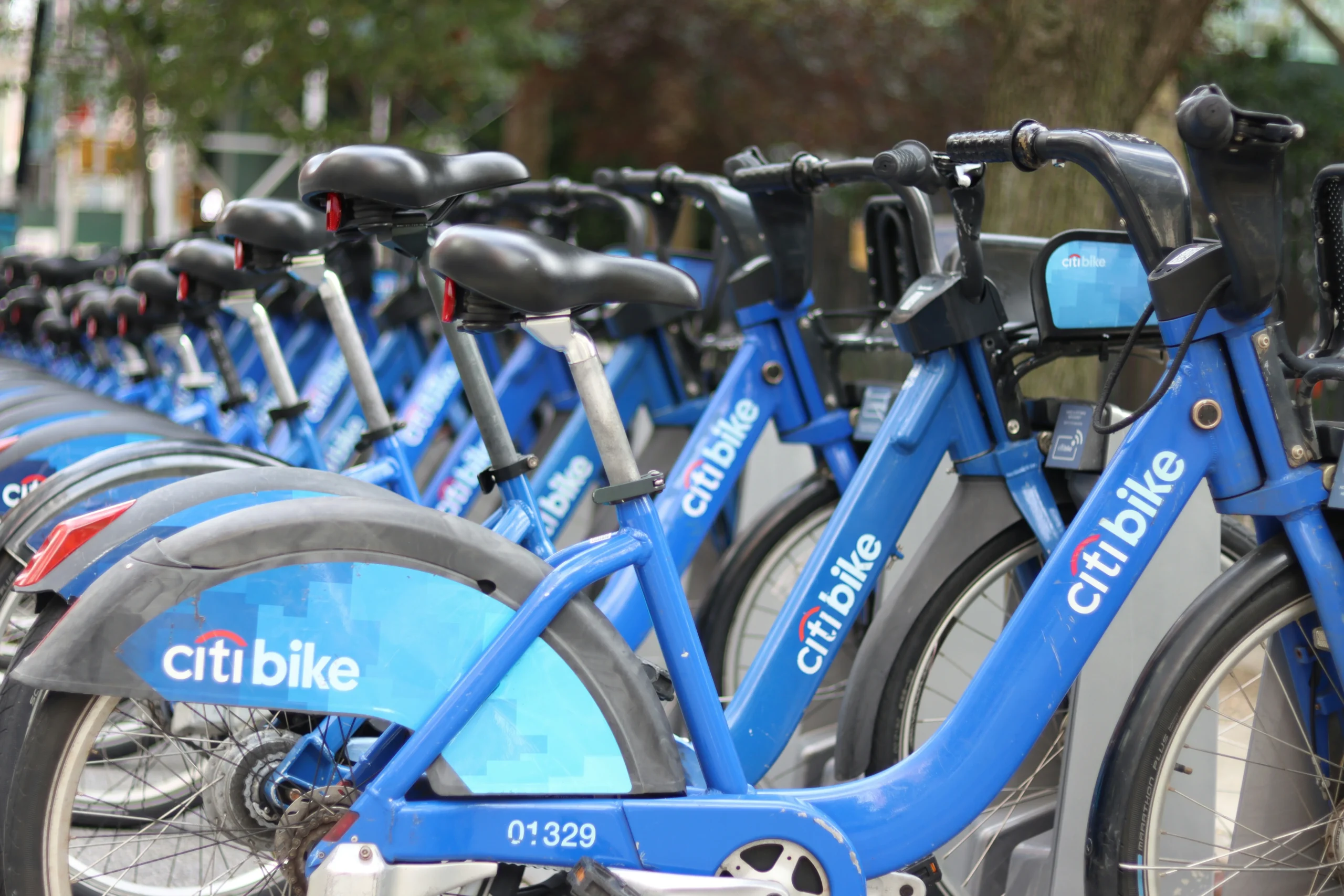






From EVs and batteries to autonomous vehicles and urban transport, we cover what actually matters. Delivered to your inbox weekly.

New York City is moving forward on two key fronts that could reshape the landscape for e-bike use and app-based delivery workers. At the center is a proposed 15 mph speed cap on e-bikes, now under formal review by the Department of Transportation. The DOT opened a public hearing this morning, while the City Council is weighing critical legislative updates to raise labor standards for grocery delivery workers operating under companies like Instacart.
The hearing comes as part of a larger policy push targeting how delivery platforms operate in New York. Alongside the proposed cap, councilmembers are voting on amendments to close what’s become known as the “Instacart loophole.” In 2021, the city passed a law mandating a minimum wage of $20 per hour for app-based delivery workers. But as revealed by a Streetsblog investigation, grocery-focused delivery apps have continued to avoid compliance by classifying workers differently. The new bills under consideration aim to expand the wage floor to cover those platforms explicitly.
These actions land in the context of a still-stalled proposal to launch a Department of Sustainable Delivery—a unit that would track and regulate app-based logistics companies more systematically. With that effort not yet moving, the work of reform is being carried piecemeal through regulations on speed, labor, and gig work carveouts.
Taken together, this week’s developments point to a city still negotiating the trade-offs between safety, labor rights, and urban mobility. Speed caps and wage rules may appear separate, but in practice, both shape how sustainable delivery takes root in dense, high-demand environments like New York.
“`